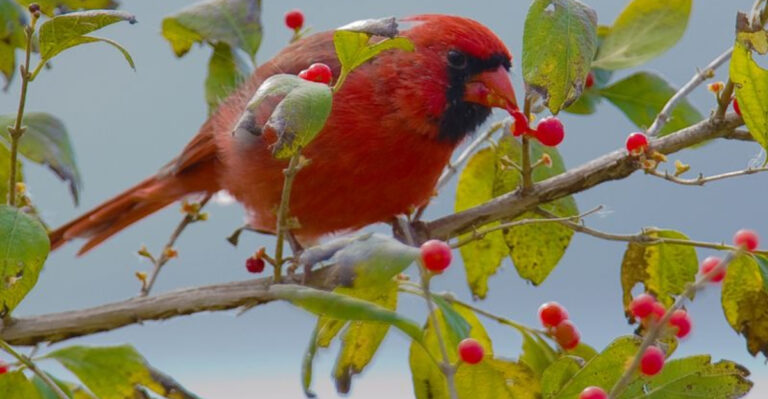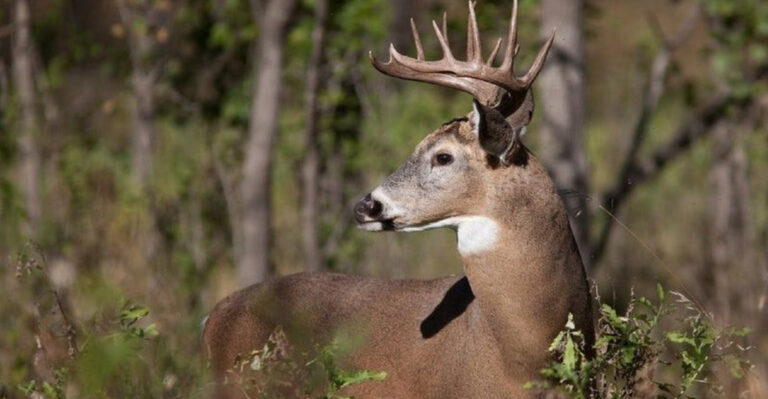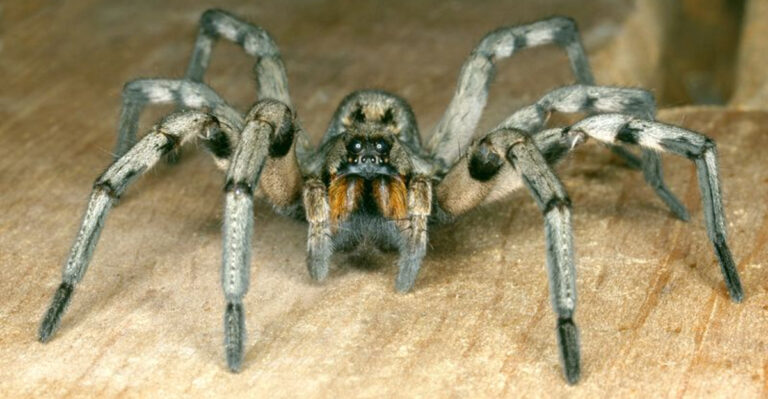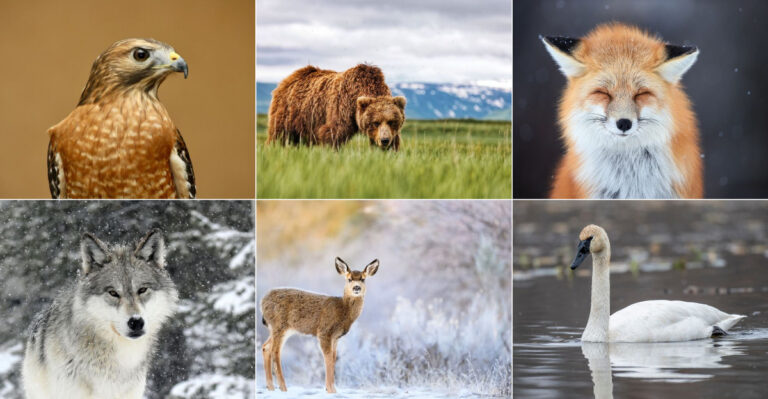15 Small Ways You Show You’re A Great Pet Parent Without Knowing It
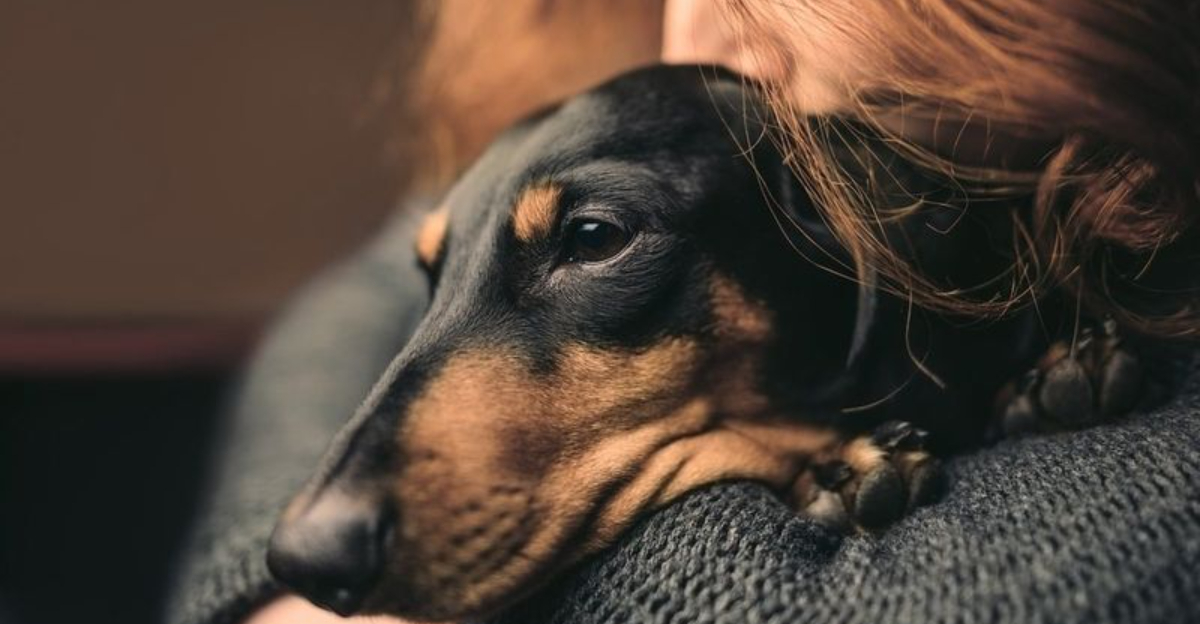
You might not think of yourself as a top-tier pet parent – but your furry friend probably disagrees. From the way you greet them after a long day to the little habits you’ve built around their comfort, love shows up in the smallest moments. You’re doing more right than you realize.
Let’s take a look at the subtle signs your pet totally appreciates.
1. You Talk To Your Pet Like They Understand Every Word

Chatting away to your furry friend about your day or asking their opinion on your outfit isn’t crazy – it’s connection! Research shows that speaking to pets helps strengthen your bond.
Animals respond to our tone and attention, creating a unique language between you two. Those conversations might seem one-sided, but they’re actually powerful moments of companionship.
2. You Know Their Quirky Preferences By Heart

Remember how your dog only eats from the blue bowl or your cat refuses to drink water unless it’s fresh from the tap? That’s not just being observant – it’s love in action.
Noticing and honoring these tiny preferences shows deep attention to your pet’s individuality. You’ve become fluent in their unique language of likes and dislikes without even trying.
3. You Adjust Your Schedule Around Their Needs

Leaving parties early because your pup needs their evening walk? Setting alarms for medication times? These aren’t inconveniences – they’re priorities.
When you naturally factor your pet’s routine into your plans, you’re showing exceptional care. Great pet parents understand that consistency matters to animals, and your adjustments create security in their world.
4. You’ve Mastered Their Unique Body Language

That head tilt means confusion. The specific tail wag signals excitement, not just happiness. You’ve become a fluent translator of your pet’s silent communication system.
Recognizing subtle signals before they escalate shows remarkable attunement. Your ability to read these cues helps prevent stress and respond appropriately to your pet’s changing emotional states.
5. You Keep Mental Notes Of What Frightens Them

Vacuum cleaners, thunderstorms, or that one neighbor with the booming voice – you’ve cataloged everything that triggers anxiety in your pet. Without thinking twice, you create workarounds to minimize these stressors.
This protective instinct shows deep empathy. Your brain automatically files away these observations to create a safer emotional environment for your furry companion.
6. You Celebrate Their Tiny Victories

Getting genuinely excited when your pet finally masters a new trick or uses their litter box correctly isn’t silly – it’s supportive! Your enthusiasm reinforces positive behaviors through emotional connection.
Great pet parents find joy in these small milestones. Your celebration, whether through treats, praise or a happy dance, helps your pet understand achievement and builds their confidence.
7. You Apologize When You Step On Their Tail Or Paw

That immediate “I’m so sorry!” when you accidentally bump your pet isn’t just automatic – it reflects your recognition of their feelings. You instinctively acknowledge their pain or discomfort.
This response shows you view your pet as a being worthy of respect and consideration. Even though they may not understand your words, they definitely understand your tone and gentle attention after the mishap.
8. You Research Symptoms Before Calling The Vet

That midnight Google search about “cat sneezing three times in a row” isn’t overreacting – it’s responsible vigilance. You’ve become your pet’s health advocate, alert to subtle changes in their condition.
This proactive approach often catches issues early. Your willingness to educate yourself about pet health shows commitment to their wellbeing beyond basic care.
9. You Share Your Food Cautiously

Checking if that piece of chicken has seasoning before sharing it isn’t being paranoid – it’s being protective! You’ve internalized knowledge about foods that could harm your pet.
This careful consideration before treating them to human snacks demonstrates responsible love. Even when those begging eyes are hard to resist, you prioritize their safety over momentary happiness.
10. You’ve Childproofed Your Home For Them

Moving toxic plants to unreachable spots or securing loose wires isn’t excessive – it’s environmental enrichment with safety in mind! You’ve learned to see your home through your pet’s curious eyes.
This preventative thinking happens automatically for great pet parents. Creating a space where they can explore safely shows thoughtful care that goes beyond the basics.
11. You Notice When They’re “Not Quite Right”

Spotting that slightly off behavior – maybe they’re eating a bit slower or their play is less enthusiastic – shows remarkable attunement. You carry a baseline understanding of their normal patterns.
This awareness often leads to early intervention for health issues. Your mental catalog of their typical behaviors serves as an early warning system that many veterinarians wish all pet parents possessed.
12. You Buy Them Gifts “Just Because”

That random new toy or cozy bed wasn’t on any shopping list – it was a spontaneous expression of affection. You get genuine joy from surprising your pet with something new.
These unexpected treats enrich their environment and provide mental stimulation. Your impulse to bring home something special shows you’re constantly thinking about ways to enhance their happiness.
13. You’ve Developed Specific Nicknames And Songs

Those silly pet names and made-up tunes aren’t just adorable – they’re evidence of a unique language between you two. Creative pet parents naturally develop these special communications.
Your pet recognizes these personalized interactions as expressions of affection. This special vocabulary and musical repertoire strengthens your bond in ways that standard commands never could.
14. You Make Room For Them On The Furniture

Scooching over on the couch or leaving space at the foot of your bed isn’t just accommodation – it’s inclusion. You naturally make your pet part of everyday moments.
This physical closeness fulfills their need for security and belonging. When you automatically make space in your personal bubble, you’re treating them as family members rather than just animals in your home.
15. You Defend Them When Others Don’t Understand

Explaining your cat’s skittishness or your dog’s barking to others shows loyal advocacy. You understand the reasons behind their behaviors and want others to see beyond the surface.
This protective instinct comes from deep knowledge of your pet’s personality and history. By helping others understand their unique nature, you’re ensuring they receive the respect and patience they deserve.

